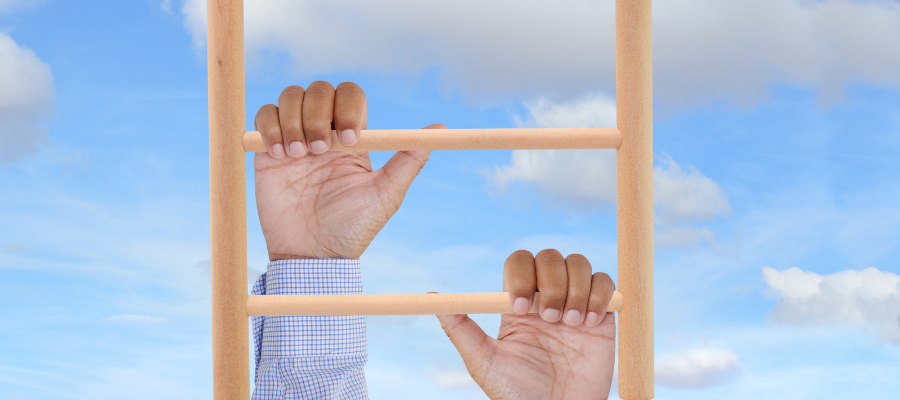
‘Hit a plateau’ means to stop growing or improving at something and feeling like there is no more progress coming. It’s very frustrating because you’ve been putting a lot of effort into learning and developing your English and your improvement was fast and noticeable, and then there is no change whatsoever.
You hit a plateau.
The main reason you’ve hit a plateau is your routine. Sticking to the same habits often results in failing to progress, despite investing a lot of time.
Dr. K. Anders Ericsson, a Swedish psychologist and Professor at Florida State University says that what separates experts from the rest of us is that they tend to engage in a very directed, highly focused routine, something called ‘deliberate practice.’ Top achievers in various fields keep consciously developing by doing three things:
1) Focusing on their technique
2) Staying goal-oriented
3) Getting constant and immediate feedback on their performance
For most of us, however, we tend to feel like we stop making progress once we reach the intermediate level. Why is that?
When you start learning English, you will increase your fluency very fast. This is because relatively few words keep showing up all the time so learning these words provides a huge ‘return on investment.’
It’s just like the Pareto principle, that 20% of things create 80% of the results – 20% of English words are used in 80% of English conversation. The 100 most common words in English make up almost 50% of words in conversation. Crazy, right?
Also, because you started from a ‘blank slate’ (you had no knowledge of the foreign language before starting to learn it), you can clearly see and feel the progress you are making since it’s easy to compare your current level of fluency to what it was just a few weeks ago.
By changing the way you see how your English learning curve really works, you will understand that in most cases, what you have reached is not a plateau, but simply an intermediate phase where it will take more and more time to get similar gains in fluency to what you got before.
So, what to do if you reach a plateau?
Luca Lampariello, a language learner who speaks 12 languages says that if you feel like you haven’t made much progress recently, consider looking into changing the material you’re using. If you’ve been using the same textbook or the same method for learning a foreign language and it just doesn’t seem to work anymore, think about adding some variety to your study tools or even completely changing your learning strategy.
I suggest you challenge yourself. Transformation is painful. Doing easy stuff will not get you results. If you want transformation you got to do more of the hard stuff, the stuff that you avoid, that you don’t want to do, that requires a lot of brainpower and a lot of focus.
I know, there are a lot of distractions out there but listen – you can practice the easy stuff for an hour, or you can practice the hard stuff for 10 minutes, and you’ll get more results in those 10 minutes than an hour of easy practice. Because an easy practice just keeps you in the same place.
You don’t need to be smart or talented to achieve anything you want.
If you would like to have someone by your side to help you stick to a challenging routine, stay goal-oriented, and give you constant feedback on your progress, consider working with a language coach.
So, what are your thoughts? I would love to hear how you dealt with the feeling that you didn’t improve anymore, and how you kept yourself motivated and did not give up on your goals. Do you change the study material as you progress from a beginner to an intermediate and advanced stage?
